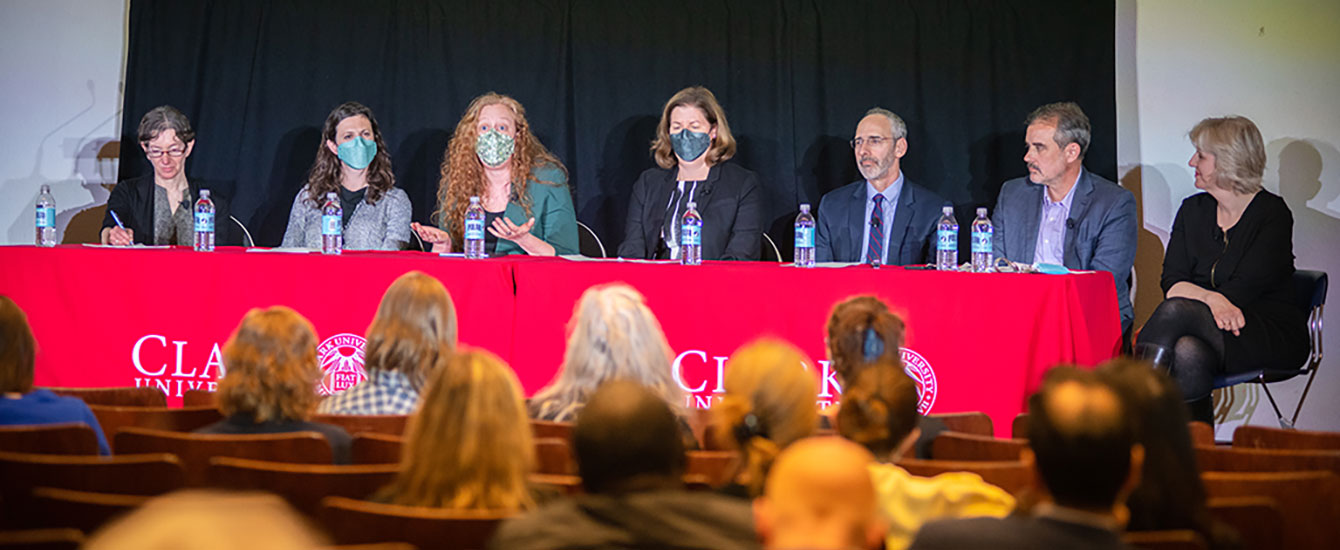Political Science
Document Type
Article
Abstract
This article seeks to understand the relationship between populism and participatory democracy through analysis of Rafael Correa's left populist regime in Ecuador (2007-2017). It argues that rather than adhering to its own standard for participatory democracy, what the Correa regime referred to as the Socialism of Buen Vivir, it employed the rhetoric of participatory democracy in the service of populist rule. As a result, the Correa regime failed to promote the participatory form of democracy and citizenship promised in Buen Vivir, its version of twenty-first-century socialism. Accordingly, analysis of the Correa regime demonstrates how the concentration of top-down executive power characteristic of populism in general, and rentier populism in particular, impedes the egalitarian and solidaristic mission of participatory democracy. Thus, inductive analysis of the Correa regime reinforces the conceptual understanding that populism is antagonistic and antithetical to participatory democracy.
Publication Title
Latin American Research Review
Publication Date
6-2022
Volume
57
Issue
4
First Page
794
Last Page
812
ISSN
0023-8791
DOI
10.1017/lar.2022.57
Keywords
Ecuador, Buen Vivir, Correa, participatory democracy, rentier populism, neoextractivism
Repository Citation
Posner, Paul W., "Buen Vivir under Correa: The Rhetoric of Participatory Democracy, the Reality of Rentier Populism" (2022). Political Science. 7.
https://commons.clarku.edu/faculty_political_science/7
Creative Commons License

This work is licensed under a Creative Commons Attribution 4.0 International License.
Copyright Conditions
© The Author(s), 2022. Published by Cambridge University Press on behalf of the Latin American Studies Association.
Published source must be acknowledged with citation:
Posner, P. W. (2022). Buen Vivir under Correa: The Rhetoric of Participatory Democracy, the Reality of Rentier Populism. Latin American Research Review, 57(4), 794-812.



